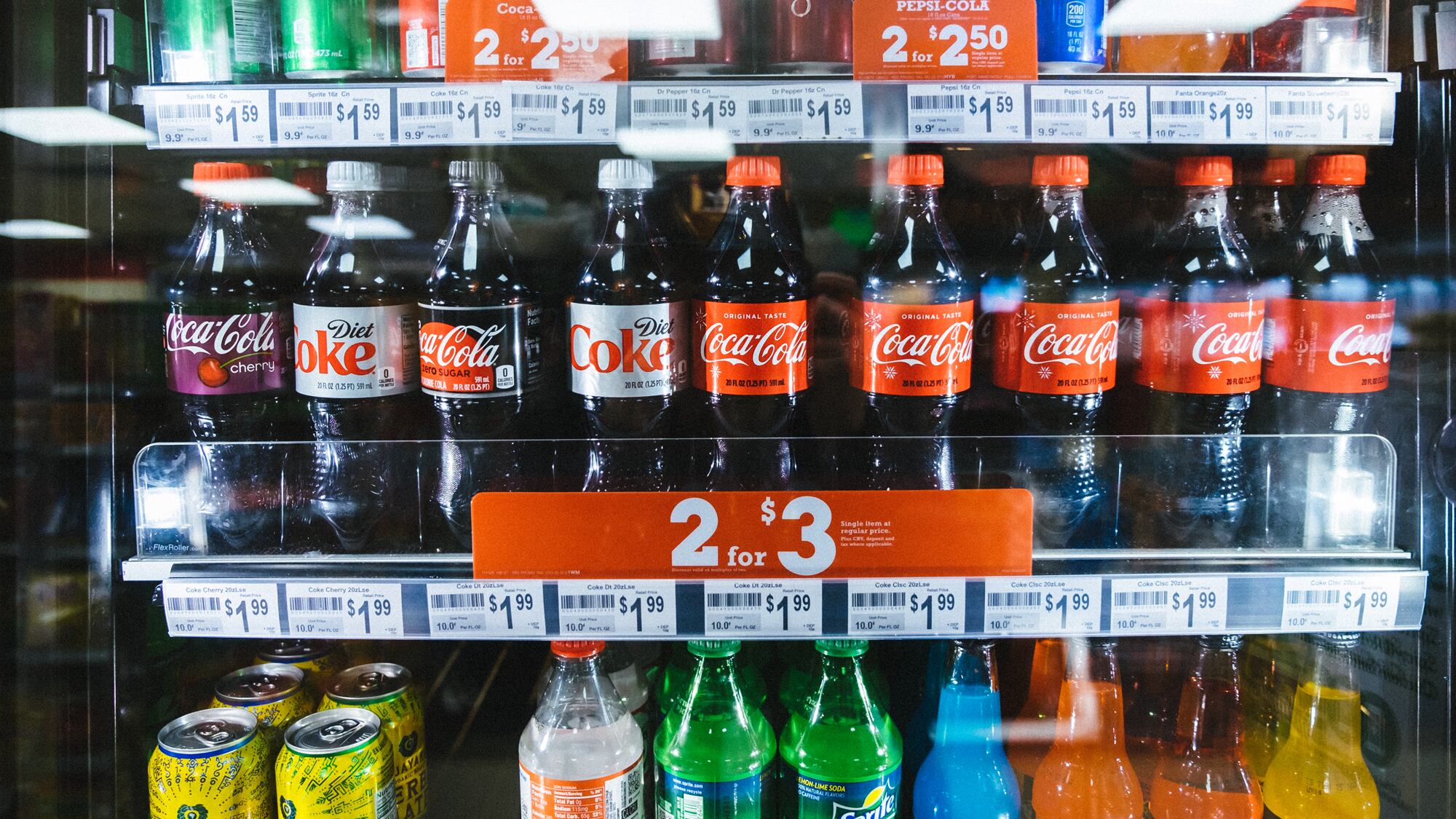The group that has been trying to build support for a soda tax in Multnomah County told WW today that it will not seek a place on this November's ballot after all.
"The Coalition for Healthy Kids & Education has decided it will not file a measure for the November 2018 election," said campaign manager Terri Steenbergen in a statement.
"While there will be no ballot measure in the current political cycle, our diverse and broad coalition—parents, educators, health professionals, over 100 organizations and small businesses—remains committed to working toward reduced soda consumption, strong programs and healthy outcomes for our kids."
The tax the group was comptemplating would have added 1.5 cents to the cost each ounce of soda.
The idea of a soda tax isn't new in Multnomah County. Local activists first contemplated such a tax in 2010. They hoped to fight obesity and related diseases and put some money toward public health.
Since then other cities, including Berkeley (2014); Philadelphia, Oakland and San Francisco (2016); and Seattle (2017) have passed their own soda taxes. But the local effort has stalled.
Last year, John Arnold, a billionaire former energy trader and Michael Bloomberg, the billionaire and former New York mayor, put more than $900,000 into an education and signature gathering effort aimed at the May 2018 ballot.
The needed 17,381 valid signatures, which despite strong opposition from the soda industry, is not a heavy lift.
But in November, the Coalition for Healthy Kids and Education announced it would defer its ballot battle with the soda industry until November 2018 and perhaps, even farther into the future. Today, they picked the latter option.

